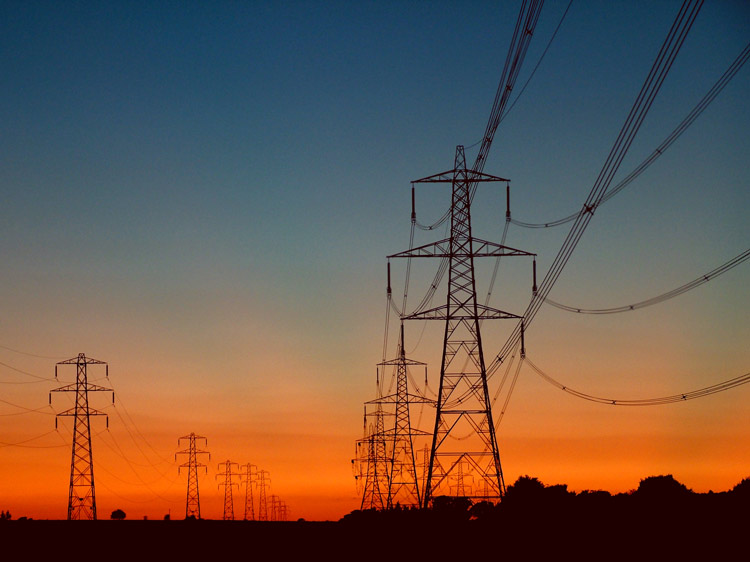China has ordered power transmission companies to provide grid connectivity for all renewable power generation sources and end a bottleneck that has left a large amount of clean power idle, the country’s energy regulator has said.

The grid companies have been ordered to plug in all renewable power sources that comply with their technical standards, the National Energy Administration (NEA) said.
China’s power is primarily delivered by the State Grid Corp of China (STGRD.UL) and the China Southern Power Grid Co (CNPOW.UL), with the latter responsible for delivering electricity in five southern provinces and regions.
China has become the world’s biggest wind and solar power user, but a large amount of renewable power has not been able to reach the grid because transmission capabilities are lagging generating capacity by around three to five years.
The State Grid is banking on building new ultra-high voltage (UHV) long-distance transmission lines to fill the gap.
“The construction of UHV lines are to help with cross-regional power delivery,” said Wang Yanfang, a State Grid spokeswoman, referring to the need to deliver power from remoter regions to energy-hungry eastern China.
Northern and western provinces, where energy resources are plentiful, are far from the industrial hubs in the nation’s eastern coastal regions. To transport surplus power from the north and west, China currently has 17 UHV transmission lines in operation or under construction.
Suppliers generating power with wind, solar, biomass, geothermal and wave energy will benefit from the full integration plan, the NEA said.
Integration will also encourage wind and solar power suppliers to participate in the country’s pilot power trading program, although grid companies will also be forced to make guaranteed purchases of a portion of the power generated.
“The authorities and provincial grid companies should promote cross-regional trading of renewable power to scale up its acceptance,” the NEA said.
The regulator said the volume of electricity the grid is forced to buy will be determined by technical criteria such as transmission capacity and end-user demand in regions where capacity has been idled.
The mandatory contracts mean that renewable power companies will still be compensated if they are squeezed out by other suppliers, said the NEA.
Other renewable sources, such as biomass, geothermal, wave and small-scale solar power, will be integrated with the grid without the need to trade on the market.
By Kathy Chen and David Stanway
